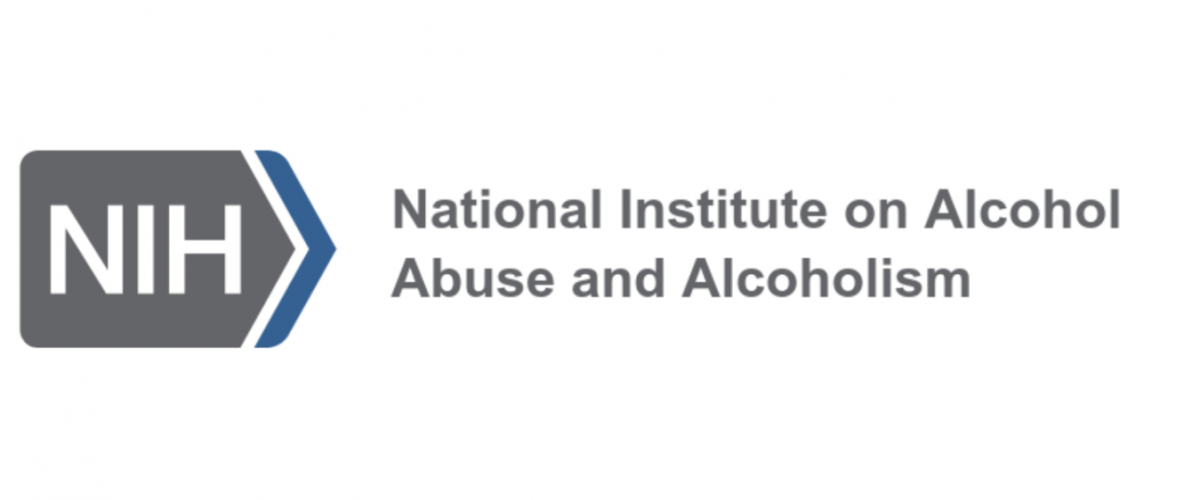Professor Christina Lee was joined by research assistants Melanie Morris, PhD candidate, and Victoria Lopez, BS, for a presentation on Latinas and Alcohol Use at the National Institutes of Health (NIH) virtual conference, “2022 National Conference on Alcohol and Other Substance Use in Women and Girls: Advances in Prevention, Treatment, and Recovery.” National experts presented the latest information on drinking among women, an increasing public health concern. The scientific conference reviewed key findings from current research on the causes, consequences, prevention, and treatment of harmful alcohol, opioid, and other substance use among women and girls, and the best approaches to sustaining recovery.
Melanie Morris, LCSW, a doctoral candidate at the Boston University School of Social Work (BUSSW) and graduate research assistant in Dr. Lee’s lab, received her bachelor’s degree from St. John’s University in Queens, NY, and her MSW from Columbia University School of Social Work. Her research interest is focused on exploring structural and social determinants of oral health, specifically among Latino/a/es. She collaborates with communities to develop culturally tailored interventions that target individual, community, and institutional level factors of oral health inequities.
Victoria Lopez, a graduate research assistant in Dr. Lee’s lab, received her bachelor’s degree in Human Physiology from the Sargent College of Health and Rehabilitation Sciences at Boston University. Her research interests include expanding health access and equity for marginalized populations, as well as health policy development and implementation.
Hosted by the National Institute on Alcohol Abuse and Alcoholism (NIAAA) and the Interagency Work Group (IWG) on Drinking and Drug Use in Women and Girls, the conference was sponsored by the NIAA, NIH, and the U.S. Department of Health and Human Services. The IWG comprises representatives from the U.S. Department of Health and Human Services plus researchers, advocates, and clinicians who treat women and girls at risk for mental health and substance use disorders and substance-exposed pregnancies.
Read more here.
